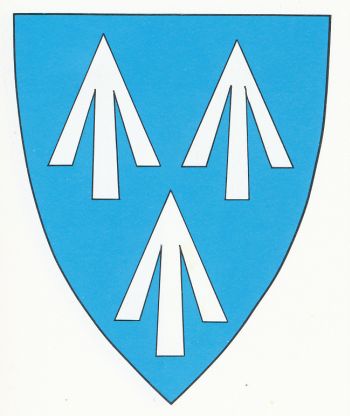Hareid: Difference between revisions
Jump to navigation
Jump to search
Knorrepoes (talk | contribs) No edit summary |
Knorrepoes (talk | contribs) m (Text replace - "[[Literature" to "{{media}} [[Literature") |
||
| Line 18: | Line 18: | ||
The arms show three arrow-points as a symbol for the battle of Hjørungavåg in 986, in which Earl Håkon defeated Danish Vikings. This battle played an important role in the struggle by Håkon to unite the whole of Norway. As the battle took place in the municipality the arrow-points were considered an appropriate symbol. | The arms show three arrow-points as a symbol for the battle of Hjørungavåg in 986, in which Earl Håkon defeated Danish Vikings. This battle played an important role in the struggle by Håkon to unite the whole of Norway. As the battle took place in the municipality the arrow-points were considered an appropriate symbol. | ||
{{media}} | |||
[[Literature]] : [http://www.kf.kommorg.no/ Norwegian Municipal Network]; Norske Kommunevåpen, Kommunalforlaget, 1987. | [[Literature]] : [http://www.kf.kommorg.no/ Norwegian Municipal Network]; Norske Kommunevåpen, Kommunalforlaget, 1987. | ||
Revision as of 22:34, 8 July 2014
| Heraldry of the World Civic heraldry of Norway - Norske Kommunevåpen |
HAREID
Province : Møre og Romsdal
Official blazon
På blå grunn tre opprette sølv piloddar, to over ein.
Origin/meaning
The arms were granted on January 11, 1985.
The arms show three arrow-points as a symbol for the battle of Hjørungavåg in 986, in which Earl Håkon defeated Danish Vikings. This battle played an important role in the struggle by Håkon to unite the whole of Norway. As the battle took place in the municipality the arrow-points were considered an appropriate symbol.
Contact and Support
Partners:
Your logo here ?
Contact us
© since 1995, Heraldry of the World, Ralf Hartemink 
Index of the site
Literature : Norwegian Municipal Network; Norske Kommunevåpen, Kommunalforlaget, 1987.











